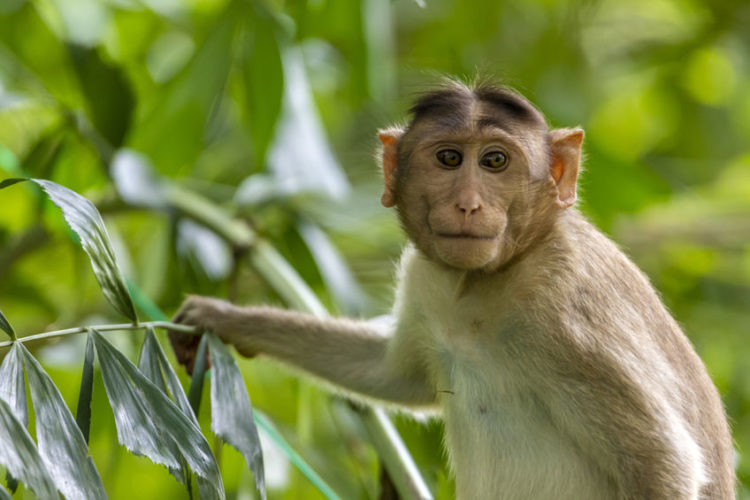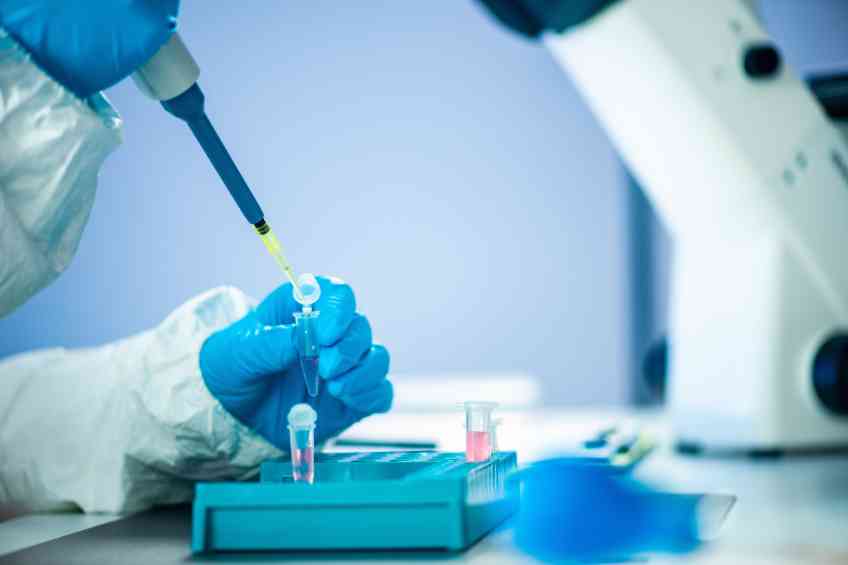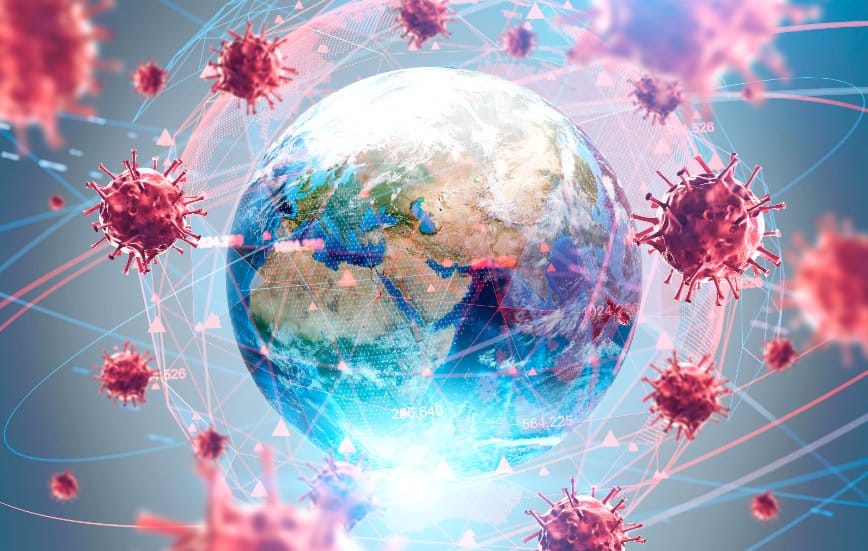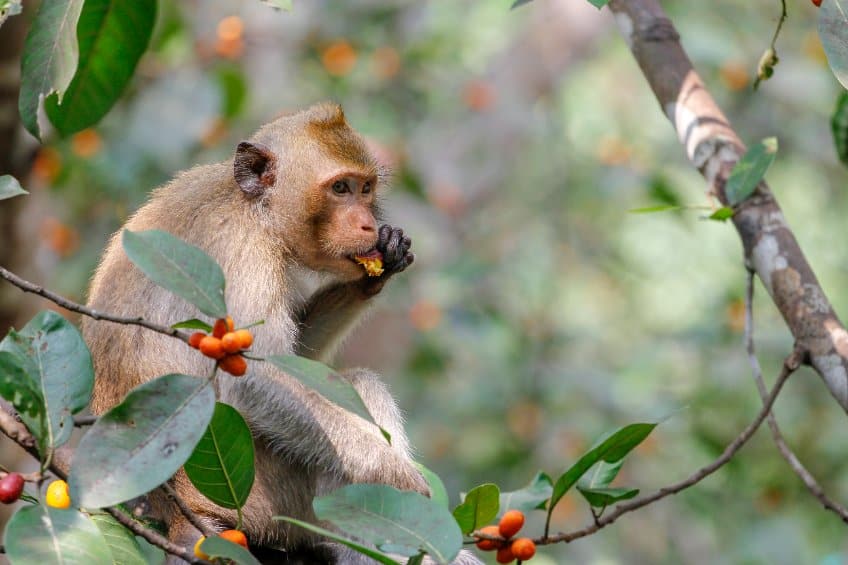By John Salak –
Dr. Doolittle learned a lot from animals and now a century later two different studies out of the University of Texas suggest animals just might help teach the world how to effectively deal with the COVID-19 mess.
One study out of the university’s San Antonio campus focused on social microbial transmission among monkeys in order to understand how disease spreads. “This has parallels to our current situation in which we are trying to understand how social distancing during the COVID-19 pandemic and future disease outbreaks may influence disease transmission,” explained Eva Wikberg, an assistant professor at the university’s Department of Anthropology.
Wikberg’s team wanted to understand whether individual differences in gut microbiome, which can lead to obesity, impaired immune systems and a greater chance of contracting diseases like COVID-19, was driven by genetic makeup, diets or social environments. They looked for answers among eight different groups of female colobus monkeys in the wilds of Ghana.
Each group had distinctly different microbiomes, however, those monkeys that were more closely connected to the social network between the eight groups had similar gut microbiomes, indicating microbes can be transmitted during occasional encounters—similar to people coming into close encounters with each other in public.
While there might be some benefits to the transfer of certain microbes, they may also result in the transfer of diseases, which could be why some groups of monkeys were more open to engagement than others.
“Studies of wild animals can teach us a lot about the importance of using interventions, such as social distancing, to ensure a safer community during this pandemic,” said Wikberg.
Llamas may also lend a hand or hoof when it comes to battling the coronavirus, according to research developed jointly by The University of Texas at Austin, National Institute of Health and Ghent University in Belgium.
While the research is still in early development, it found that antibodies in llamas may be adjusted to create a new antibody that can help battle COVID-19. Initial work shows this new antibody binds tightly to a key protein on the coronavirus that causes COVID-19, effectively blocking viruses from infecting cells.
“This is one of the first antibodies known to neutralize SARS-CoV-2 (COVID-19),” reported Jason McLellan, the study’s lead co-senior author and an associate professor of molecular biosciences at UT Austin.
Preclinical studies on animals such as hamsters or nonhuman primates are now being set up with hopes that testing on humans will come soon afterwards.
“Vaccines have to be given a month or two before infection to provide protection,” McLellan said. “With antibody therapies, you’re directly giving somebody the protective antibodies and so, immediately after treatment, they should be protected. The antibodies could also be used to treat somebody who is already sick to lessen the severity of the disease.”
If this new llama-based antibody proves effective, it is likely to be particularly helpful for vulnerable groups, such as elderly people, along with frontline workers who could benefit from immediate protection.
So maybe Doc Doolittle was on to something when he learned to talk and listen to animals












